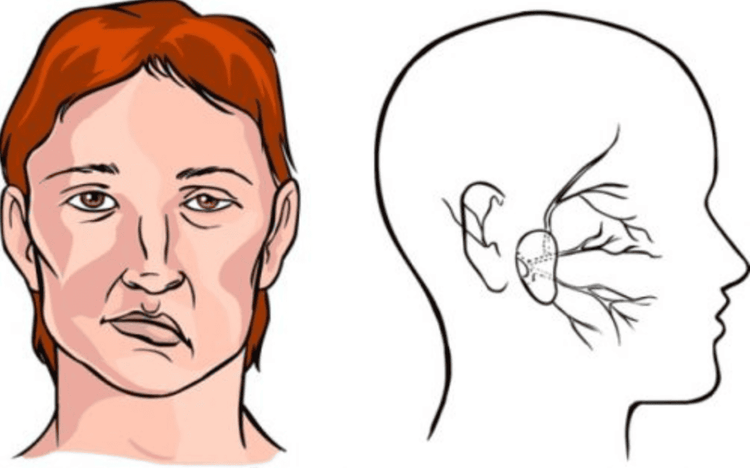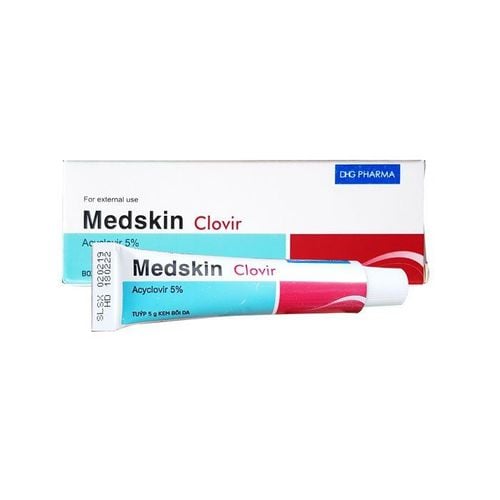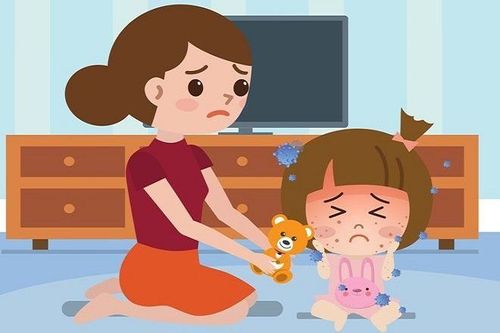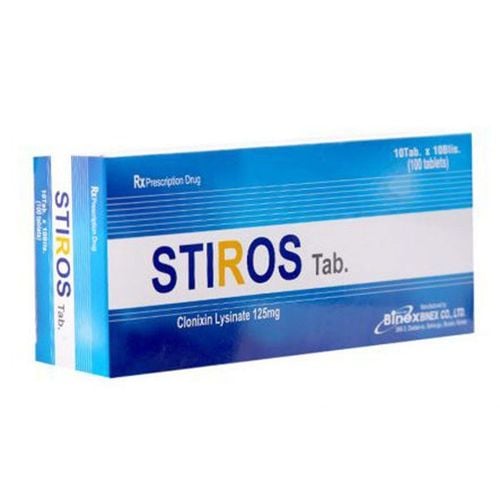This is an automatically translated article.
Shingles can lead to many dangerous complications, including eye and corneal damage, vision loss, skin damage, ear pain, hearing loss, facial paralysis, pneumonia, and encephalitis.1. Is shingles dangerous?
Spring is a favorable time for viruses to multiply and thrive, including shingles virus with many dangerous complications. It is caused by the Herpes zoster virus, the same virus that causes chickenpox in humans.
When it comes to shingles, patients often tend to focus on short-term symptoms, seeking relief from pain and immediate discomfort. To overcome these manifestations, patients have a variety of treatment options, from medication to alternative treatments.
The typical symptom of the disease is a skin rash, usually appearing on one side of the body. Usually, patients have symptoms such as: burning pain, burning, itching. Accompanying signs are often fever, headache, making the patient really tired.
Is shingles dangerous? It also depends on the risk of complications and the condition of each patient. Most of the patient's symptoms go away in less than a month. However, for some people, serious complications arise.
Shingles complications are not nearly life-threatening, but can lead to very serious problems, such as vision loss, hearing loss.

Virus Herpes zoster gây ra bệnh zona thần kinh
2. Complications of shingles
2.1 Eye complications About 10-25% of cases of shingles affect the nerves of the face. A branch from one of these nerves includes the optic nerve. When it affects the optic nerve, the virus can cause lesions on the eye and cornea, one of which is inflammation.
Severe inflammation occurring in or around the eye. Anyone with shingles related eye complications should be evaluated by an ophthalmologist as soon as possible. Treatment for this condition usually includes eye drops and close monitoring to prevent the risk of deep damage and permanent vision loss.
2.2 Neuralgia Complications Postherpetic neuralgia is a common complication of shingles. Statistics show that about 5 - 20% of people with shingles will have complications of postherpetic neuralgia.
When the disease develops, the nerve fibers are attacked by the virus, leading to inflammation. As a result, the abnormal transmission of nerve impulses causes the patient to experience a lot of pain.
In addition to the complications of neuralgia, the patient also has numbness, burning of the skin, discomfort when touched. In more severe cases, symptoms can last longer in the ear and severely affect hearing.
2.3. Ramsay Hunt syndrome Ramsay Hunt syndrome is a condition that occurs in patients presenting with peripheral facial nerve paralysis, accompanied by signs of erythema, vesicles in the ears or mouth.
This complication occurs when the shingles virus becomes active again in one of the facial nerves responsible for hearing. Consequences can lead to hearing loss, pain, and facial paralysis. In addition, the patient may experience severe ear pain.

Hội chứng Ramsay Hunt
Ramsay Hunt syndrome is usually temporary and will subside over time. However, patients should be treated for shingles, especially when there are signs around the face and neck.
2.4. Complications in other organs In rare cases, shingles infection can lead to more serious complications, endangering other organs, and even many life-threatening situations.
In the lungs, shingles can lead to pneumonia. In the liver, shingles can cause hepatitis. In the brain, shingles can cause encephalitis and meningitis. Patients with these serious complications need to be hospitalized for emergency management and treatment.
In general, is shingles dangerous? depends on the type of complications and the condition of each patient. The rest of the disease is usually benign, most of which will go away after a few weeks. However, the symptoms after shingles, such as constant pain, usually take 2-6 months to completely disappear, especially some patients have prolonged pain, even years later.
The purpose of shingles treatment is to fight infection, limit skin damage, reduce nerve pain, and prevent dangerous complications and pain after shingles.
Please dial HOTLINE for more information or register for an appointment HERE. Download MyVinmec app to make appointments faster and to manage your bookings easily.
Reference source: Webmd.com; Healthline.com













